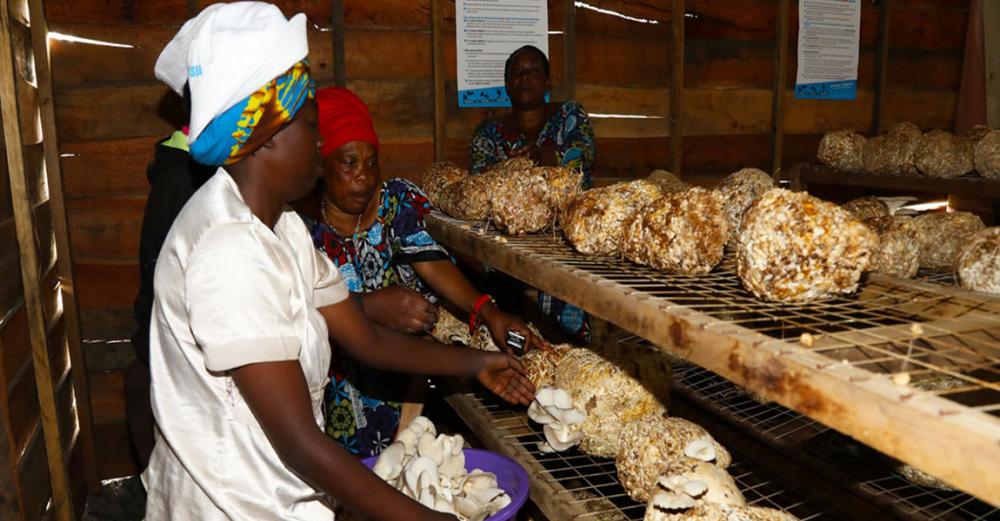Just Earth News | @justearthnews | 14 Mar 2020, 01:14 am Print

New York : Although measures to support victims of sexual exploitation and abuse (SEA) committed by UN personnel are proving effective, there is still room to do more, the senior official leading these efforts told journalists in New York on Friday.
Jane Connors, the UN’s Victims’ Rights Advocate, was presenting an overview of the latest report on her mandate, which covers the past year.
Eighty SEA cases were reported at peacekeeping and political missions in 2019, while 95 allegations were recorded at other UN entities.
“We need to appreciate what these wrongs do to victims and their communities; what these wrongs do to the very purpose of the United Nations’s work, because these wrongs do indeed fracture trust”, she said.
The UN has a zero tolerance policy for sexual exploitation and abuse (SEA) committed by uniformed and civilian personnel serving under its flag. Previously, implementation focused on conduct and discipline.
Secretary-General António Guterres in 2017 shifted the focus to victims, including appointing Ms. Connors as the first-ever Victims’ Rights Advocate.
This victims-first approach means encouraging people to report allegations, investigating these claims with compassion, and holding perpetrators accountable.
Connors is supported by four field-based Victims’ Rights Advocates in the countries where most allegations have been recorded: the Central African Republic (CAR), the Democratic Republic of the Congo (DRC), South Sudan and Haiti.
They ensure victims receive the practical assistance they need, such as access to medical and legal services, but also skills training so they can rebuild their lives.
One major area of their work is helping children born of SEA who generally have been abandoned by their fathers.
“Paternity claims are complex”, Connors revealed. “They often involve several jurisdictions, require us to work with Member States, so we are working on ways for the women to gain access to the legal support they need to pursue those claims”.
The UN’s advocates have helped women to reintegrate into society.
Connors spoke of women she had met in Haiti whose children had been fathered by UN peacekeepers. The UN supported these mothers in providing for their families. Some have even started small businesses.
Women in the DRC have also received assistance through livelihood support programmes for mushroom farming and basketweaving.
“This is an area that we need to expand. There is so much to do, however”, said Ms. Connors. “There have been some positive outcomes, but there is a lot more work to do”.
Photo caption and credit:
MONUSCO/Michael Ali
The UN Trust Fund in support of victims of sexual exploitation and abuse has supported women in the Democratic Republic of the Congo receive vocational trainings like mushroom farming. (October 2018)
- Caught on camera: Two foreigners assaulted in Israel in an alleged racial attack
- Pakistan: Parents heartbroken after court sides with man accused of kidnapping minor Christian girl
- Pakistan: Trafficked 35 years ago, Bangladesh-born woman approaches court against FIA for offloading her from flight!
- Hindu tea worker found bound and bloodied in Bangladesh garden during general elections; investigation underway
- Brutal killing shakes Bangladesh: Hindu trader hacked to death ahead of polls





-1763561110.jpg)
